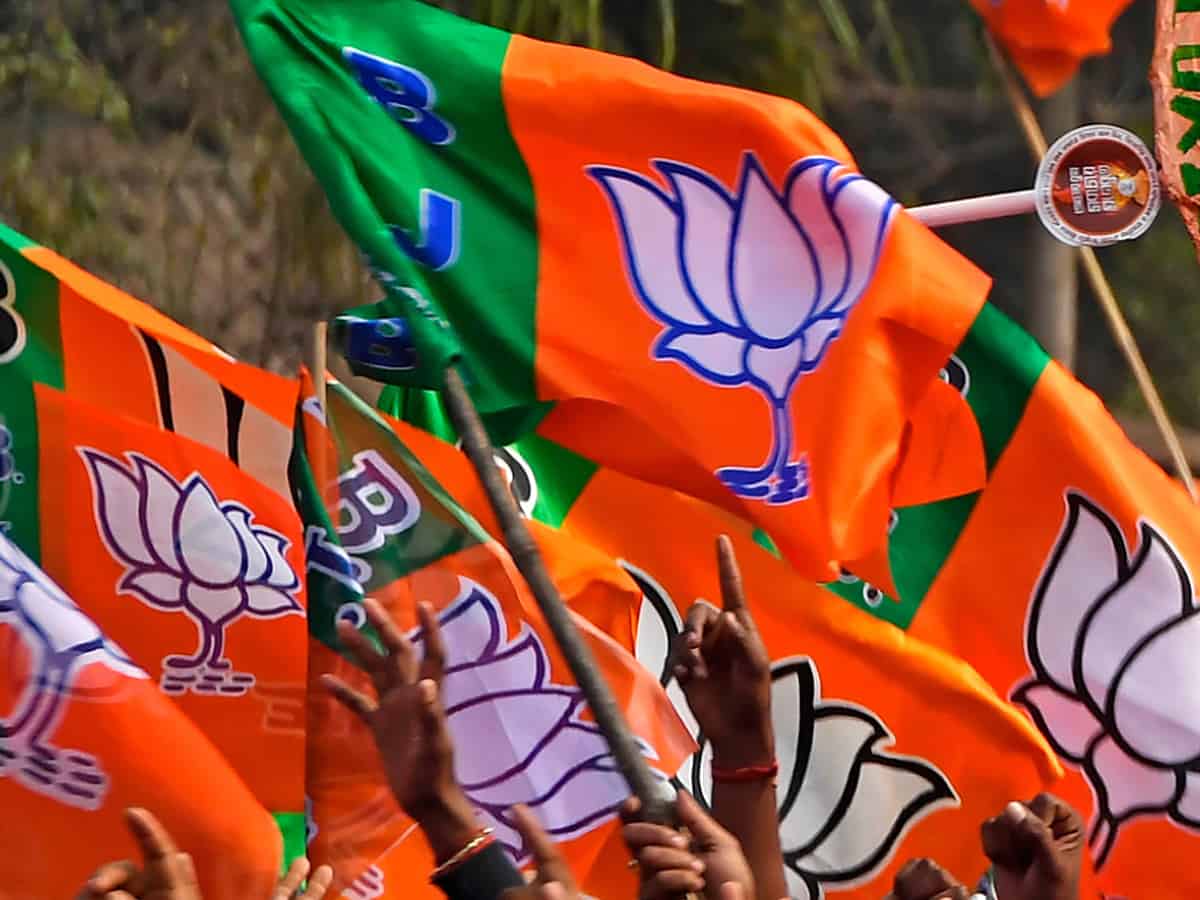
Bengaluru: The discussion on the Private Member’s Bill on the Uniform Civil Code in Parliament has brought the issue to the center stage once again. With several BJP-ruled states taking baby steps in the direction, the ruling BJP in Karnataka also looks set to rake it up for political gain.
Under fire over corruption issues and floundering civic infrastructure in Bengaluru, the Bommai dispensation has been wielding the Hindutva card to fight off a determined Congress party.
Karnataka, being a major economic powerhouse in south India, is crucial for both the principal political parties of the country.
As part of its aggressive Hindutva stance, the BJP government in Karnataka has already introduced laws prohibiting cow slaughter, and conversion. The Uniform Civil Code (UCC) appears to be the next arrow in the BJP’s quiver.
The UCC, mandating common personal civil laws for all citizens irrespective of their religion, is something that has been at the core of the BJP and its fountainhead – the Rashtriya Swayamsevak Sangh (RSS).
In late November, Karnataka chief minister Basavaraj Bommai had said that his government has “very serious” thoughts on ushering in a Uniform Civil Code. The comments came in the wake of the party’s Gujarat and Himachal Pradesh units including the contentious issue in their manifestos for the assembly polls in the respective states.
“There is a serious debate on UCC at the national and state levels. The intention is to implement it at the right time. We are also discussing ways and means to implement it in our state,” Bommai had said while addressing party workers in Shivamogga.
Political observer Rama Krishna Upadhya opined that while there is little that the Karnataka government can do about it in the immediate future, such statements should be seen in the context of the BJP’s plans for parliamentary polls in 2024.
“These statements by BJP leaders in Karnataka and other states should be seen more as an attempt to test the waters. How do people react, what is the Muslim community’s reaction to such moves. They will make it an issue for the 2024 General Elections.”
Predictably, the moves by the BJP are being viewed with suspicion by the ‘secular’ parties in the state’s political spectrum. Earlier this month, former Prime Minister and Janata Dal (Secular) founder HD Deve Gowda was unequivocal in his opposition to the BJP’s moves on the issue.
He said it is impossible to introduce the uniform civil code due to the widespread opposition to it across the country. “The Constitution does not allow it and I am personally opposed to the uniform civil code as well,” he had stated.
The UCC as a poll plank seems to have paid the BJP good dividends in Gujarat which has a sizeable Muslim populace of around 10 percent. On the other hand, Himachal which has a relatively low minority component of around 4 percent seems to have remained unaffected by the UCC premise.
In Karnataka, Muslims make up a good 14 percent of the population and have significant influence in several pockets along the coast as well as in other regions of the state. The state has been a fertile ground for right wing Hindu as well as Muslim politics.
Several killings, coupled with the face-off over hijab, halaal, and finally the auto-rickshaw blast in Mangaluru recently have drawn battle lines between the two communities.
Be it hijab, halal or love jihad, several events unfolding over the past year in Karnataka seem to be firmly setting the political agenda as the state inches gradually towards assembly polls tentatively in May 2023.
Facing an aggressive Congress which is seen as kowtowing to the minority communities, the BJP is increasingly expected to push for the uniform civil code over the next few months.
